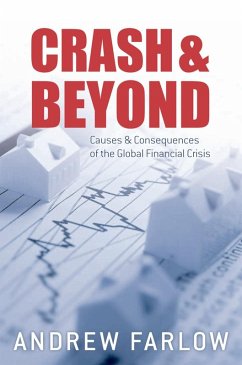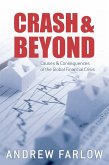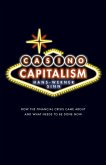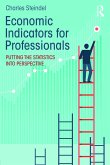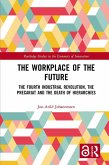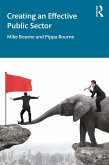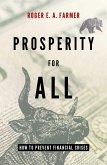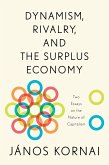In 2008, the world was plunged into a financial and economic crash. This book explores the roots of the crash, including the build-up of global economic imbalances, the explosion in the use of novel financial instruments, the mismanagement of risk, and the specific roles played by housing and debt. It reviews the evidence that on the eve of the crash all was not well and that many political and finance industry leaders ignored the dangers. The key events of the crash are described, and the main amplification mechanisms explained. An economics lens is used to dissect the bank rescue, paying particular attention to the hidden ways in which it worked, who will ultimately bear the costs, and to what degree new risks were created. The book evaluates the fiscal and monetary policies used to rescue economies, efforts to tackle unemployment, proposals for dealing with collapsing housing markets, austerity and the battles over long-term sovereign debt, the Eurozone crash, and the risks of future economic instability. It reviews reform-of mortgage markets, monetary policy, and banking-designed to make such disasters less likely in future. Written before, during, and in the years immediately after the crash, it is an engaging chronicle and comprehensive analysis of the events and thinking of these years. The book's arguments take on added authority given that the author had identified, and called attention to, key features of the crash before it happened.
Dieser Download kann aus rechtlichen Gründen nur mit Rechnungsadresse in A, B, BG, CY, CZ, D, DK, EW, E, FIN, F, GR, HR, H, IRL, I, LT, L, LR, M, NL, PL, P, R, S, SLO, SK ausgeliefert werden.

